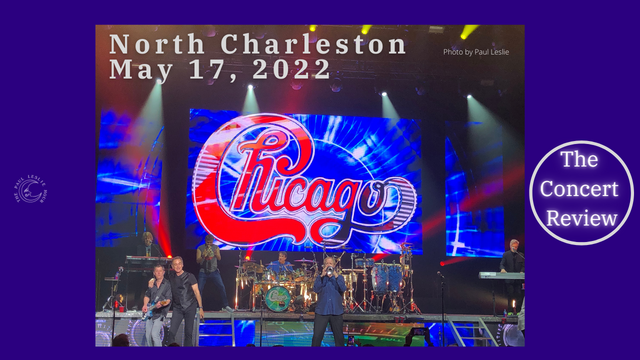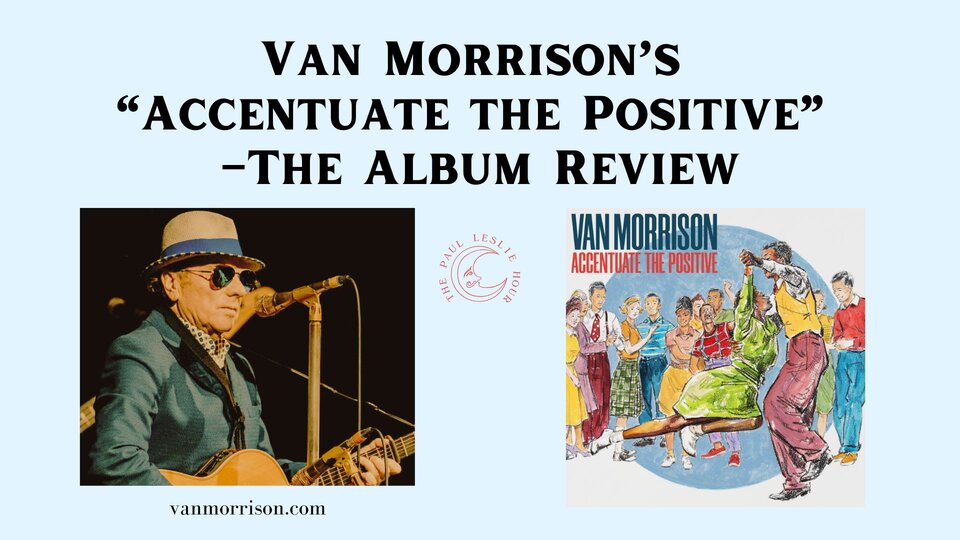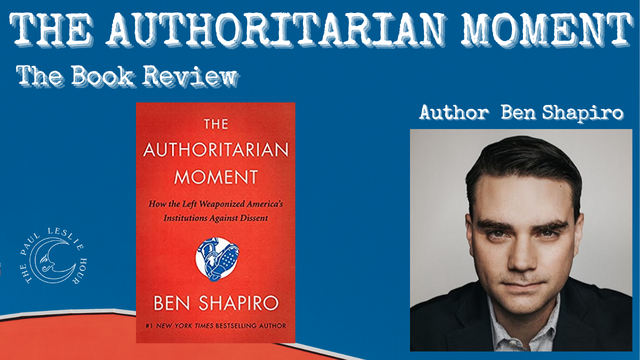Are you here? It’s The Paul Leslie Hour with a review of Natalie Goldberg’s sixteenth published book: Writing on Empty: A Guide to Finding Your Inner Voice from St. Martin’s Essentials.
If there is an author who I’ve spent the most time talking about, with strangers, friends, and interview guests on my show — it’s Natalie Goldberg. I was greatly anticipating the publication of Writing on Empty: A Guide to Finding Your Voice, Natalie’s 16th book.
The story begins at the beginning of 2020, with the world coming to a stop, or so it seemed. Many people found themselves in one of two groups: inspired and productive or at a halt. Writers I knew were mostly in the second group. Whether they wrote lyrics or prose, I kept hearing that the well was empty. “Writing on empty,” indeed.
You have to “show up,” when you’re a writer
Natalie Goldberg found herself not entirely sure: would she still be able to write? Therein is a great lesson — we don’t write by accident. We “show up,” something Natalie is known for saying. As you’ll see in the book, Natalie took to the road. She got in her car to travel around the western states.
What captured me most about Writing on Empty, was how much the writing seemed like the undiluted journey of our thoughts. As Natalie had interactions, conversations and experiences, the things she saw and what people said sparked memories. The whole book feels so honest because that’s what it is.
Our relationships, especially our closest ones are by their very nature difficult. But, time passes and we come to see our shared, personal moments so differently. Having experienced more things, compassion comes easier.
Compassion is a central theme in Writing on Empty
What makes Writing on Empty a great book is that I’ve never met any of the characters, but I relate anyways. I feel compassion for them, and that extends to my own experience. Although the book is part travelogue and part memoir, the title stayed in my mind throughout. I thought repeatedly about those words: “Writing on Empty,” and “Finding Your Voice.”
This book is as much your guide as it is Natalie’s. The final pages of the book appropriately becomes a road map. It’s not a map that takes you to a place, but somehow takes you anywhere. I whispered to myself “Writing on Empty,” as I read the last page there in the dog park. The book felt like a long riddle.
As you find yourself relating to the events and reflections in the book, you come to learn that there is no empty, so long as you are alive. We writers need to be reminded, as Natalie says in the book to “enter our own deep life.”



